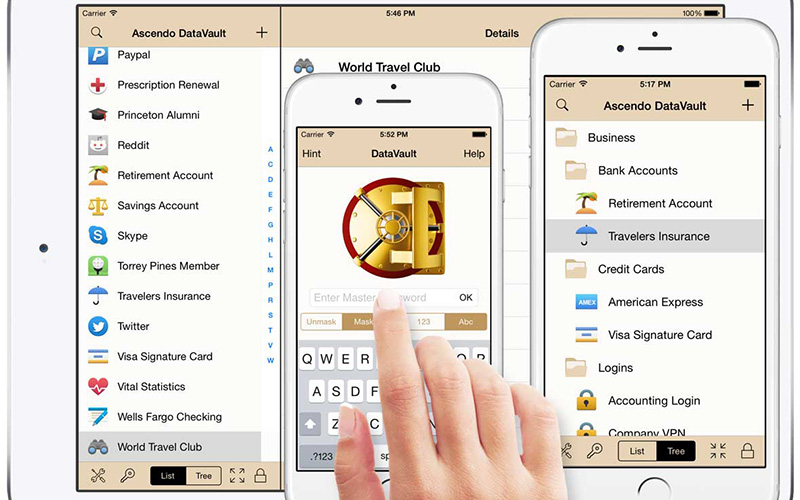Data Engineering Beyond Borders: A Guide to Remote Excellence

The data engineering field has experienced a shift in paradigm in the ever-changing environment of technology and the era of remote work. Data engineers work across borders as more and more organizations adopt distributed teams and the concept of seamless collaboration in global business becomes the norm. Remote Java developer jobs face unique opportunities and obstacles that necessitate their ability to thrive virtually. This guide is meant to provide insight into the necessary tools, problems, and recommendations for effective data engineering in online jobs, for example, such as remote Ruby on Rails jobs.
Essential Skills for Remote Data Engineers
Data engineers in remote places should be highly skilled technically. It’s necessary to be proficient in programming languages such as Python, Java, or Scala. It is also important to have a good grasp on big data technologies like Apache Hadoop and Spark which assist in the effective management of huge volumes of data.
Modern data engineering is now dependent on cloud platforms such as AWS, Azure, and Google Cloud. Data engineers working remotely must be conversant with cloud service providers where data can be stored, processed, and analyzed. With these, they gain access to scalable and affordable approaches.
It is crucial for success in remote work environments to have effective communication. Thus, data engineers must be able to articulate complicated technical issues in written as well as spoken forms. They include Slack and video conferencing tools which are essential in allowing effective communication among the teams’ members.
Challenges of Managing Data Infrastructure Remotely
Security Concerns
Remote handling of sensitive data leads to security problems. Therefore, data engineers should put in place strong security mechanisms like encryptions and access controls to protect sensitive information from vulnerabilities. Data integrity cannot be guaranteed without regular security audits and compliance checks.
Collaboration Hurdles
It becomes even harder to collaborate since the team members are dispersed throughout the world. To help the data engineers, they have to tackle the problem of different time zones and make it easier for them to communicate. Virtual meetings, workplaces, and defined working documents are vital aspects of building a team.
Infrastructure Monitoring
Therefore, data infrastructure monitoring and maintenance must be carefully supervised. Automated monitoring tools are implemented to identify risks that may lead to greater problems if not detected early. The stability of data systems is achieved by conducting regular performance checks and preemptive maintenance.
Practical Tips for Success in Virtual Data Engineering Positions
Establish Clear Communication Channels
Encourage open communication via tools like Slack, Microsoft Teams, etc. A cohesive virtual work environment involves clearly defined channels for project updates, issue resolution, and casual interactions.
Embrace Agile Methodologies
Agile methodologies such as Scrum and Kanban strengthen flexibility and teamwork in offsite environments. Sprint meetings, backlog grooming, and retrospectives ensure that the team constantly adapts to changing project demands.
Invest in Continuous Learning
Data engineering is a quickly evolving field and one that keeps up-to-date with contemporary technologies. Several resources can be found on platforms such as Coursera, edX, and LinkedIn Learning that can help to keep the skills sharp.
Cultivate a Strong Work Ethic
For remote data engineers to thrive in this virtual working environment, they need to be hardworking. Clear work hours, dedicated workspace, and commitment to meet the specified deadline help maintain employees’ productivity and job satisfaction in the long run.
Succeeding in a data engineer role involves embracing an all-round approach that combines technical expertise, efficient communication, and skilled troubleshooting. Data engineers will only succeed if they understand the difficulties associated with managing a data infrastructure remotely. With the global trend towards remote work, being a data engineer with the ability to do remote excellence is no longer a mere skill but a competitive advantage in the modern job market.




